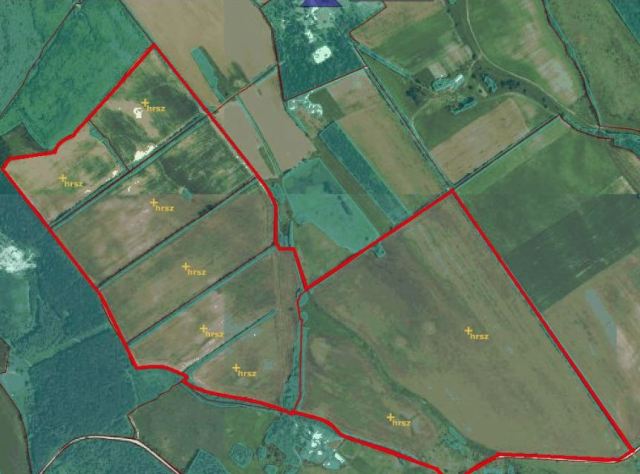The https://english.atlatszo.hu use cookies to track and profile customers such as action tags and pixel tracking on our website to assist our marketing. On our website we use technical, analytical, marketing and preference cookies. These are necessary for our site to work properly and to give us inforamation about how our site is used. See Cookies Policy
More troubles emerge in the handling of state-owned farmland
Hungary’s government continues to show a skewed approach towards managing valuable farmland in the country. There is a conspicuous silence about the plans, but, as our investigations found, the lands in question have not only been sold well below market value, but handpicked buyers also receive additional subsidies.
The political elite which came to power in Hungary in 2010 has a special relationship with the agricultural sector. It has demonstrated repeatedly that it is happiest when any assets of value are overseen by its closest friends. Atlatszo.hu has reported extensively on the handling of farmland in the past few years, whether its the widely criticized reshuffle of leases which destroyed the livelihoods of established farmers, or that those who started to complain could easily find themselves targeted by the tax authority.

The latest chapter in the saga of Hungarian farmland involves the sale of valuable plots of agricultural land currently owned by the state. The state owns a little more than 11% of the country’s overall land area which is fit for cultivation. According to the latest plans it intends to sell some 45% of the 843,600 hectare-total. The land sale plans seem to provide an explanation for an entry in the country’s budget documents which forecasts revenues of HUF 334 billion (€1.1 million). More than 1% of the country’s annual GDP in treasury receipts in 2015 and 2016 are from the sale of state property.
This alone clearly shows that the decision to sell the lands is long in the making. It is also interesting to see how the cabinet is tinkering with the legal system in the form of ministry decrees to facilitate the deals, instead of submitting bills that would have to be approved by a parliamentary majority and would thus receive wider public attention.
According to our calculations, the way in which the sales are planned would benefit everyone involved, except the state and consequently the taxpayer. Prospective buyers can apply for discounted loans from a state institution. Once ownership is transferred, the state would obviously lose the rental fee and furthermore, the owners may also be entitled to receive per-hectare state subsidizes for their assets.
Another aspect to consider when weighing the government’s moves is the fact that all farmland value is set to rise globally as food scarcity grows. Hungarian farmland – which experts consider particularly accommodating to a diverse range of crops – is currently seriously undervalued in European comparison at only 20-30% of the continental average, meaning a purchase now could yield a massive value boost within a relatively short period of time.
As we learned, the government also backtracked on its earlier promise to involve independent agricultural committees in the allocation decisions. Our sources say that because of changes to the rules they will have no say in the matter whatsoever.
The accusation leveled at the government from farmers, as well as from the political opposition, is that they are planning to pass on the lands to the “green barons” at rock bottom prices. These are the businesses that have already benefitted extensively from current political decision-making in reorganizing farmland holdings. It is also a widely held concern that these businesses would be allowed to dodge existing regulations. Currently, there is a maximum number of hectares that a single farmer may oversee, but there are opportunities to sign contracts with other farmers who can be organized into a network, and there are also means to expand the holdings by giving friends and family members smaller chunks.
Share:
Your support matters. Your donation helps us to uncover the truth.
- PayPal
- Bank transfer
- Patreon
- Benevity
Support our work with a PayPal donation to the Átlátszónet Foundation! Thank you.
Support our work by bank transfer to the account of the Átlátszónet Foundation. Please add in the comments: “Donation”
Beneficiary: Átlátszónet Alapítvány, bank name and address: Raiffeisen Bank, H-1054 Budapest, Akadémia utca 6.
EUR: IBAN HU36 1201 1265 0142 5189 0040 0002
USD: IBAN HU36 1201 1265 0142 5189 0050 0009
HUF: IBAN HU78 1201 1265 0142 5189 0030 0005
SWIFT: UBRTHUHB
Be a follower on Patreon
Support us on Benevity!

